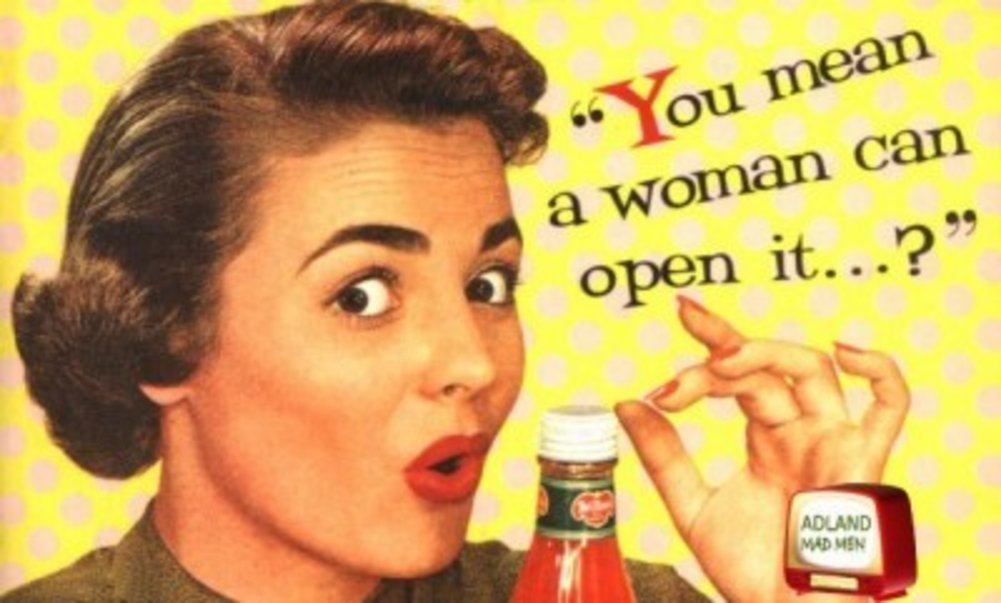UK Officially Bans Gender Stereotypes in Advertising

- Funny
- Offensive
U(o)K With That?
June 25th, 2019 – Advertisers in the UK may be looking for job applicants who double majored in journalism and gender studies. A new law now bans companies from using depictions of gender “that are likely to cause harm, or serious or widespread offense” in ads on TV, radio, websites, and print.
The new rules were announced last December but officially went into effect this month. In the lead-up to this decision, the Advertising Standards Authority (ASA) conducted a report on gender stereotypes in advertising following backlash over several problematic ads. In 2015, residents in London made over 380 complaints to the ASA over a weight loss pill showing a woman in a bikini with the words “are you beach body ready?”

Today, advertisers will still be able to show “glamorous, attractive, successful, aspirational or healthy people or lifestyles,” but they will have to throw out the old playbook when it comes to gender stereotypes.
While ad men, and women, can still show a woman cleaning the house or a man doing DIY activities, they’re going to have to work some nuance into their copy.
New regulations within the law outline banned content such as:
“an ad which depicts family members creating mess while a woman has sole responsibility for cleaning it up.
an ad that suggests an activity is inappropriate for a girl because it is stereotypically associated with boys or vice versa.
an ad that features a man trying and failing to undertake simple parental or household tasks.”
While some people consider not being able to show a man struggling to change a diaper or a woman making a 17-point-turn to park a car political correctness run amok, leaders in research claim these measures will help everyone.
“Our evidence shows how harmful gender stereotypes in ads can contribute to inequality in society, with costs for all of us,” Guy Parker, Chief Executive of the Advertising Standards Authority, said in a statement Friday. “Put simply, we found that some portrayals in ads can, over time, play a part in limiting people’s potential. It’s in the interests of women and men, our economy and society that advertisers steer clear of these outdated portrayals, and we’re pleased with how the industry has already begun to respond.”
The new regulations will be enforced on all advertising but reviewed on a case-by-base basis. The parameters will also extend beyond gender stereotyping into bans on ads that “connect physical features with success in the romantic or social spheres.”
How advertisers, the public, and watchdog groups will move about this new law remains to be seen. With the law now officially being implemented, the rest of 2019 will likely produce some content for higher-ups to review.
Beth Egan, an associate professor of advertising at Syracuse University, spoke to The Washington Post about the likelihood of similar regulations seeping into American advertising standards. She believes we’re still going to be fighting amongst ourselves on that one.
“Our history is more about consumer backlash and self-regulation than allowing a voice from on high to come down and just say, ‘you can’t,'” Egan said.
Just take a look at some ads that ran back in the day.
